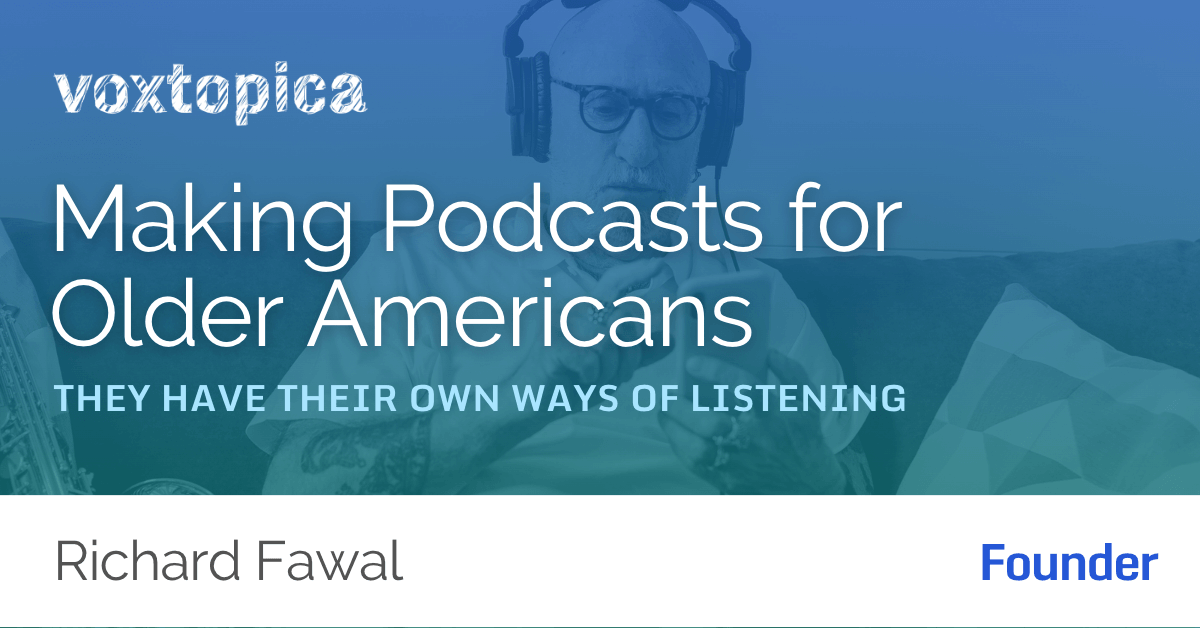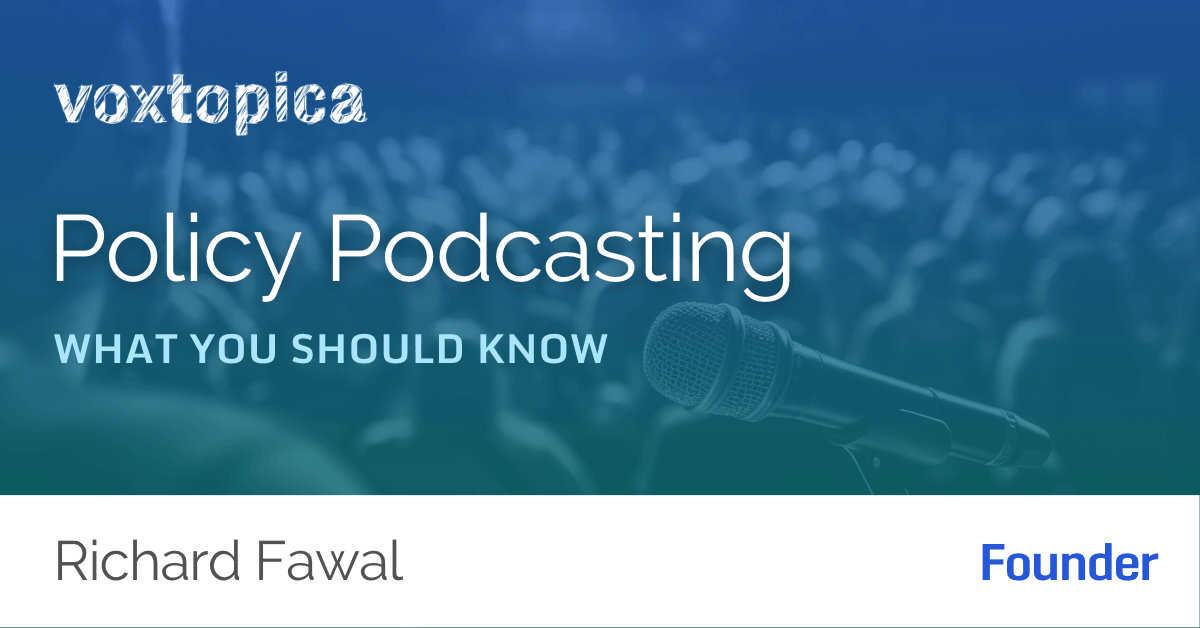According to a recent study by YouGov, podcast listening has become increasingly popular among Americans in recent years. The study surveyed over 1,200 US adults and found that more than half listen to a podcast at least once a month, and 30 percent listen at least once a week.

These numbers are consistent with data from Edison Research and others, but YouGov’s survey goes beyond – it provides insights into the multi-tasking nature of podcast listening. For example, according to the survey the most common situation for Americans to listen to podcasts is when commuting to work or school. This is followed closely by doing housework or other chores and exercising.
For subject matter experts, this should clearly indicate that you must keep your listeners engaged throughout your show. They are multitasking, so the moment your podcast stops actively engaging your listeners, they stop actively listening.
Engaging the audience is essential for several reasons. First, it helps to build a community of loyal listeners who are invested in the podcaster’s content and are more likely to tune in regularly. Second, engaged listeners are more likely to leave positive reviews, share episodes with others, and participate in discussions or events related to the podcast. This, in turn, can help the podcast gain visibility and attract new listeners.
Sign Up for Monthly Voxtopica Updates
When you engage the audience, you create a sense of connection and intimacy with your listeners. This leads to higher levels of listener retention, increased word-of-mouth referrals, and potentially even monetization opportunities through sponsorships or merchandise sales.
On the other hand, when you fail to engage the audience, your listeners may lose interest, tune out, or even leave negative reviews. This results in lower listener numbers, decreased visibility, and a less successful podcast overall.
Several strategies can help improve your audience engagement. Of course, you have to focus on creating high-quality, entertaining, and informative content. This means producing podcast content your audience wants, not just content you want listeners to have. When you need to push certain information out, take the time to consider how the content will be received your listeners, and be sure you provide them with the best experience possible.

You should interact with your listeners through social media and other platforms. Ask for and respond to feedback, comments, and questions. You can also involve your audience in creating the podcast content, such as through listener polls or featuring listener stories.
For many podcasts hosted by subject matter experts and those covering complex issues for niche audiences, we recommend experimenting with different formats and styles of episodes to keep things fresh and maintain listener interest. Adding new voices like younger staff members who provide short, two to three minute issue updates or news briefs, for example, can provide listeners with enough diversity to help hold their interest throughout an entire episode.
Remember, the audience is the most critical factor to your podcast’s success. Respect the fact that listeners multitask, and ensure your show keeps them focused, engaged, and interested from the beginning to the end of every episode.



